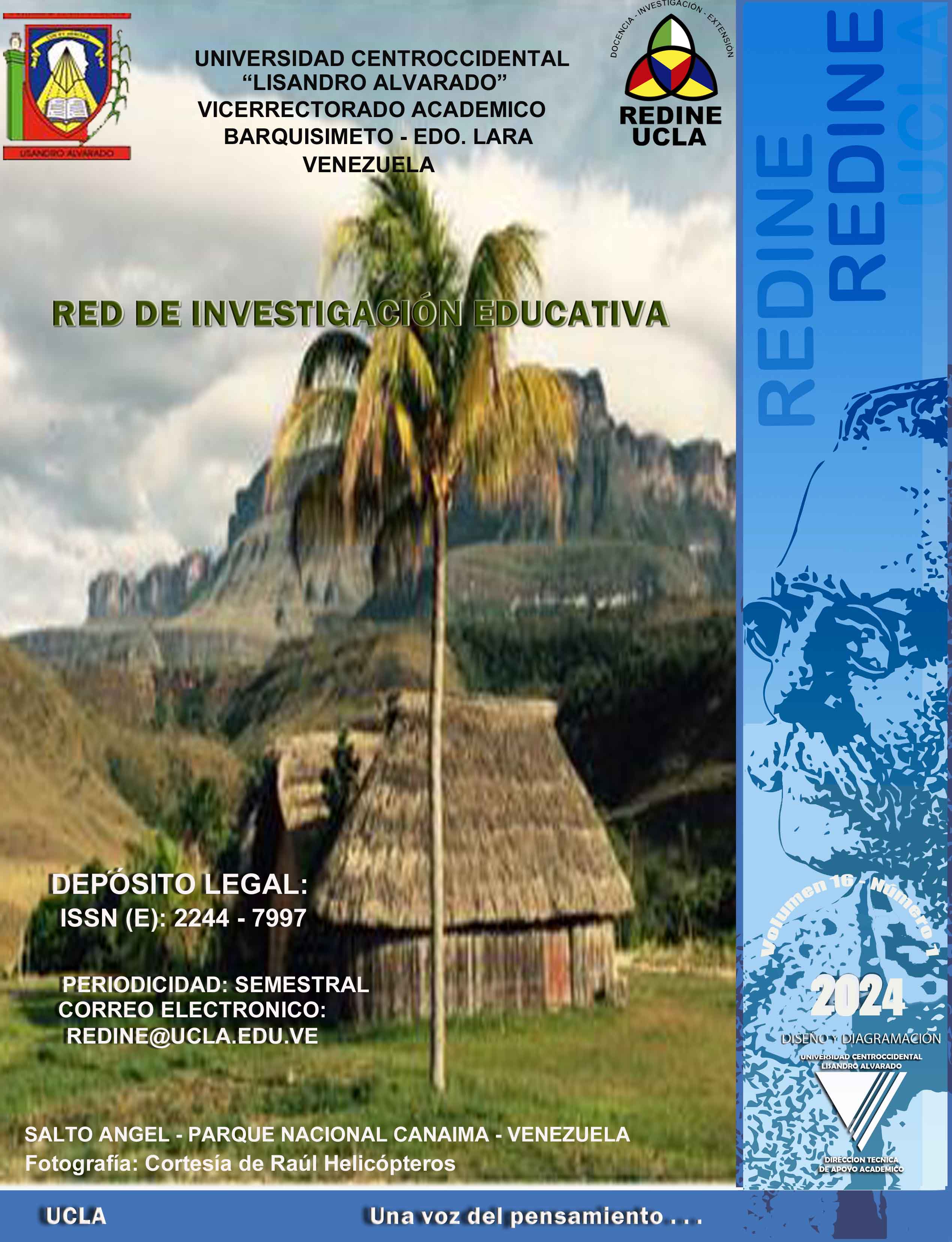Self-awareness, self-motivation and empathy elements of emotional intelligence in the success of Educational Management
DOI:
https://doi.org/10.5281/zenodo.10426399Keywords:
Self-awareness, self-motivation, empathy, emotional intelligence, educational managementAbstract
Educational organizations require a change in the way management processes are currently carried out; especially, from an emotional point of view, considering that people, in addition to being rational beings, are also emotional. For this reason, emotional intelligence is an important part of the actions of the educational manager, since through its elements such as: self-awareness, self-motivation and empathy, they will develop effective managerial work with the personnel under their charge; Therefore, the teacher who exercises this function is required to become a manager open to change, who knows how to manage his or her emotions appropriately; especially in the exercise of your position, since this knowledge will help you maintain an environment of peace in the organization and carry out your work effectively. Therefore, you need to understand and apply emotional intelligence to channel it effectively; hence, its importance for the educational manager, because by controlling his emotions at the right time, he will be able to effectively manage emotional intelligence. It is in this theoretical context that this essay arises, whose purpose is to analyze self-awareness, self-motivation and empathy as elements of emotional intelligence for the success of educational management.
Downloads
References
Álvarez, M. y Santos, M. (1996). Dirección de Centros Docentes. Gestión por proyectos. Madrid: Escuela Española.
Bisquerra, R. (2016). 10 ideas claves. Educación emocional.Barcelona: Graó
Colina, G. (2013). Inteligencia emocional como factor determinante en el éxito de la gerencia educativa
desde una visión transdisciplinaria. Tesis Doctoral. No publicada. Universidad Yacambú. Barquisimeto. Lara.
Cordero, O. (2006). Caracterización de los tipos de liderazgo utilizados por directores de Escuelas
Eficaces del Área Metropolitana De Caracas. Trabajo de grado de Maestría. Universidad Católica Andrés Bello. Caracas
Goleman, D. (1995). Inteligencia Emocional. Barcelona: Kairós
Kant, I. (2000). Crítica de la razón pura. México. Fondo de Cultura Económica
Manes, J. M. (2004). Gestión estratégica para instituciones educativas. Guía para planificar estrategias de gerenciales a nivel institucional. Buenos Aires: Granica.
Nieto, S. (2019). Atriburos resiliente del gerente educativo. Articulo cientifico. Educere, vol. 23, núm. 75,
pp. 487-497. Universidad de los Andes.
Salovey, R Y Mayer, J. D. (1997). Inteligencia emocional. Imaginación, cognición y personalidad, vol. 9 (3), pp. 185-211
Shapiro, L. (1999). La inteligencia emocional de los niños. Bilbao: Grupo Zeta
G. (2017, agosto 23). Definición de empatía. Http://www.psicopedagogia.definicion/empatia .
Published
How to Cite
Issue
Section

This work is licensed under a Creative Commons Attribution-NonCommercial-ShareAlike 4.0 International License.
Derechos del/de autor/es a partir del año de publicación
Esta obra está bajo la licencia:
Creative Commons Reconocimiento-NoComercial-CompartirIgual 4.0 Internacional (CC BY-NC-SA 4.0)
Las opiniones expresadas por los autores no necesariamente reflejan la postura del editor de la publicación ni de la UCLA. Se autoriza la reproducción total o parcial de los textos aquí publicados, siempre y cuando se cite la fuente completa y la dirección electrónica de esta revista. Los autores(as) tienen el derecho de utilizar sus artículos para cualquier propósito siempre y cuando se realice sin fines de lucro. Los autores(as) pueden publicar en internet o cualquier otro medio la versión final aprobada de su trabajo, luego que esta ha sido publicada en esta revista.




